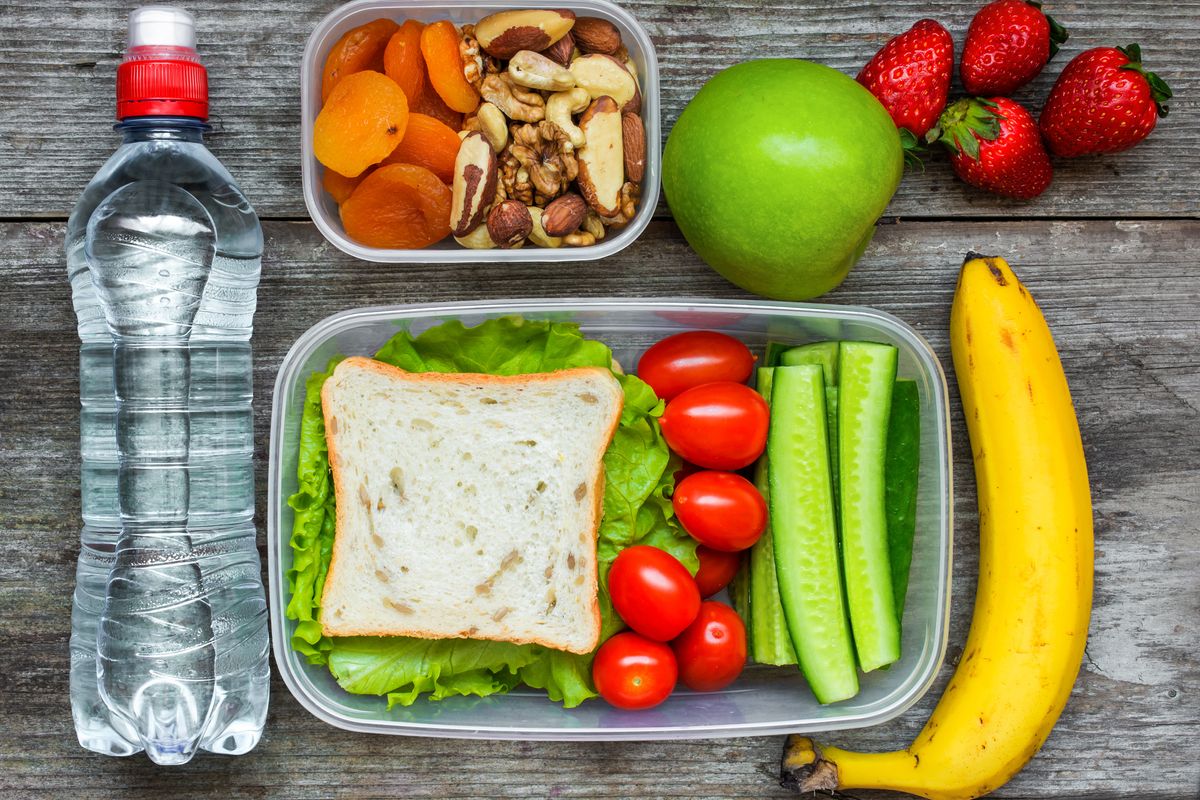Snacking has become a popular habit among Americans, with a whopping 90% of adults indulging in at least one snack daily, as reported in Nutrients. It's no surprise then that 22% of the average American adult's diet consists of snack foods, as highlighted in Physiology & Behavior. From cookies and chips to yogurt and fruit, the snacking choices vary widely in terms of healthiness, including some options that fall into the low-carb category.
Why should you consider low-carb snacks? Besides aiding in weight management and weight loss, these snacks can potentially lower the risk of developing type 2 diabetes and heart disease, as stated by the Mayo Clinic. However, it's important to note that carbohydrates are still an essential part of a balanced diet. "Carbohydrates are necessary every day for bodily functioning," affirms Cheryl Mussatto, MS, RD, LD. She further explains, "All organs of the body require carbs, and the brain has a strong appetite for this nutrient. In fact, although our brain represents only 2% of our body weight, it consumes up to 20% of our daily calories, more than any other organ!"
Natalie Gillett, MS, RD, adds, "Carbohydrates are the main source of energy our body uses to function, providing glucose, which is our brain's preferred fuel. However, excessive carb consumption can lead to weight gain, blood sugar imbalances, and bloating. Therefore, it's crucial to enjoy the right types and amounts of carbs. Low-carb snacks can offer the perfect balance, providing just enough carbohydrates for an energy boost without going overboard."
If you're ready to explore low-carb snack options, it's helpful to understand what qualifies as "low-carb" and discover some ideas for healthy choices.
Decoding Low-Carb Snacks: Finding the Right Balance
Defining a specific threshold for what constitutes a "low-carb" snack can be subjective, varying based on factors such as weight, activity level, health goals, and individual conditions, explains Gillet. As a general guideline, she suggests that a snack containing 15 grams of carbohydrates or less can be considered a good starting point.
Musatto echoes this sentiment, stating that a low-carb snack typically falls within the range of 10 to 15 grams of carbohydrates. She emphasizes the importance of combining protein and healthy fats with a nutritious carbohydrate source when choosing a snack, as this combination promotes longer-lasting satiety and helps maintain stable blood sugar levels.
While prioritizing the nutritional aspect, it's equally crucial to select low-carb snacks that delight your taste buds. The good news is that there is a wide array of options available, offering both minimal carbohydrates and delectable flavors to satisfy your snack cravings.
Top 11 Delicious Low-Carb Snacks for Healthy Indulgence
1) Apples and Cheese
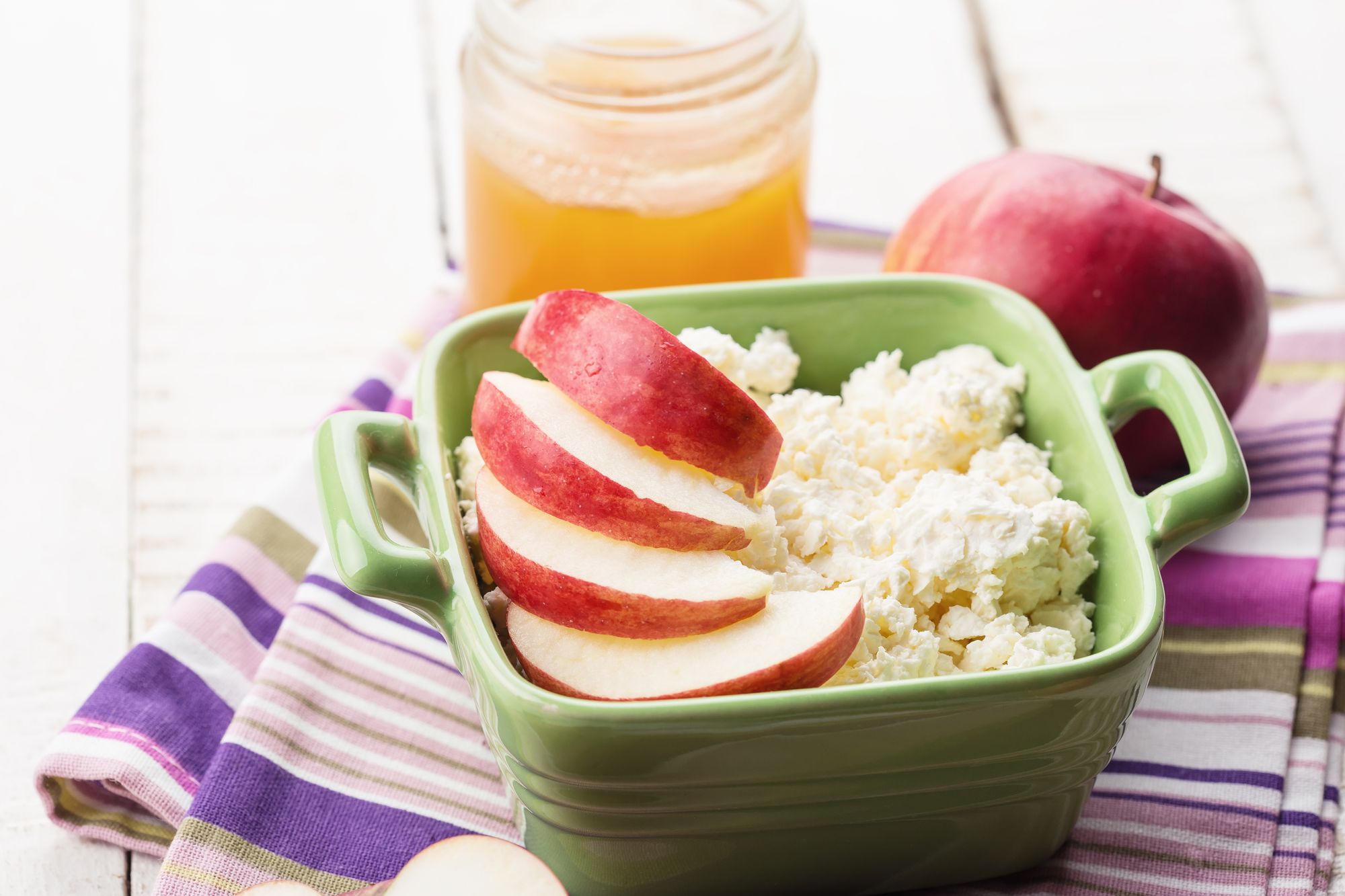
Number of Carbs (per serving)—Apples: 14.8 grams
Number of Carbs (per serving)—Cheese: 4.44 grams
When it comes to creating a satisfying snack, Mussatto suggests the perfect combination of sweet and salty flavors. She recommends pairing approximately one cup of apple slices with one ounce of mozzarella cheese, totaling around 16 grams of carbohydrates. This delightful duo offers a well-rounded mix of protein, fat, and fiber, making it a filling and gratifying snack option.
Gillett also endorses the idea of incorporating cheese into your low-carb snacking routine. She specifically mentions cheese sticks as a convenient and portable choice. With a mere 1 gram of carbs per stick, they pack an impressive 8 grams of protein. To further enhance your snack, Gillett recommends including a small piece of fruit, such as an apple or pear, to provide an energy boost and additional nutrients.
2) Yogurt and Cucumbers or Berries
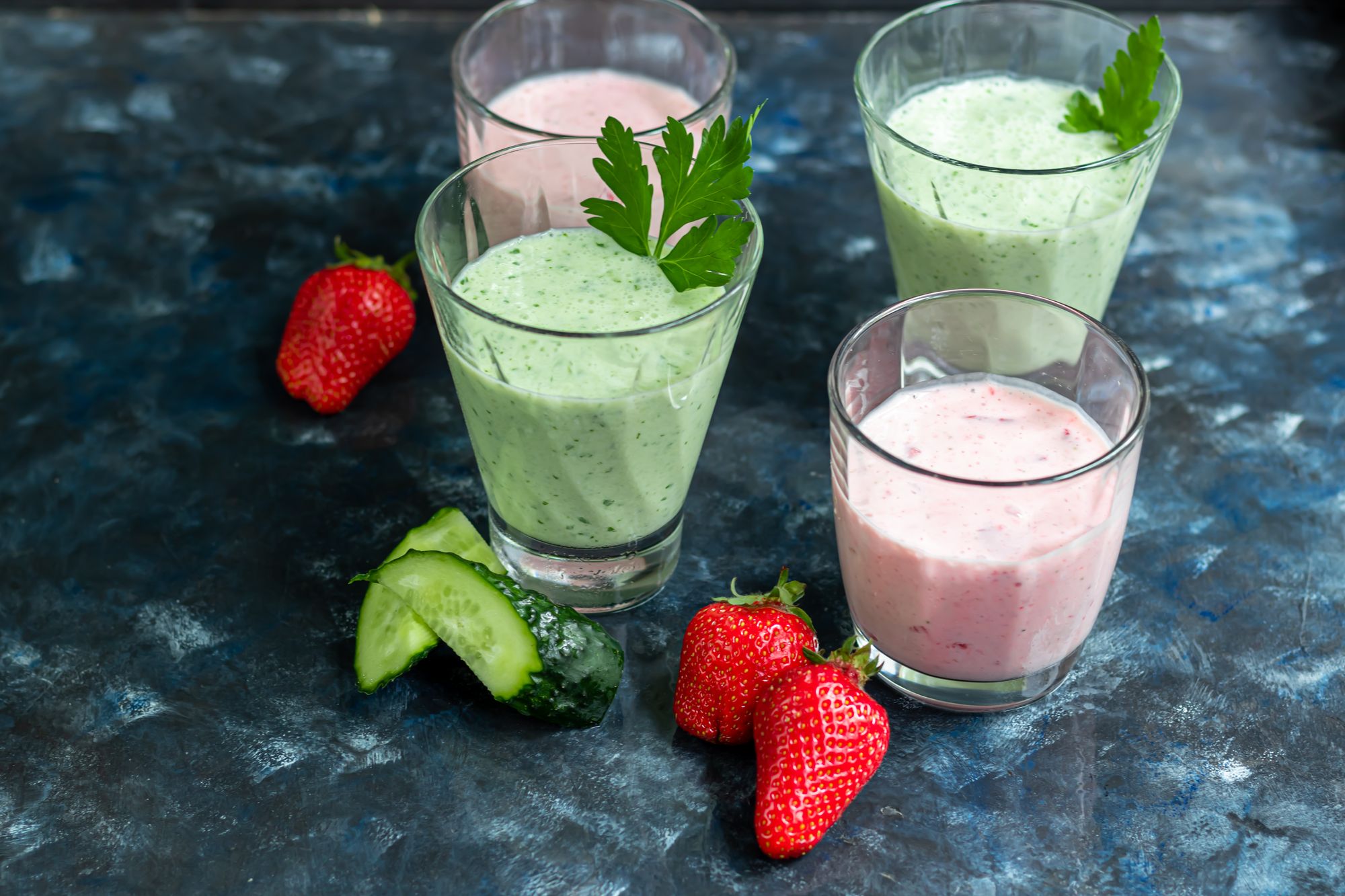
Number of Carbs (per serving)—Greek Yogurt (non-fat): 3.64 grams
Number of Carbs (per serving)—Cucumbers: 2.95 grams
Number of Carbs (per serving)—Strawberries: 7.96 grams
Greek yogurt, cucumbers, and berries, particularly strawberries, offer a delightful and nutritious low-carb snack option that can be customized according to your personal preferences. For a savory twist, Mussatto suggests combining about a cup of low-fat Greek yogurt with a cup of cucumber slices. This refreshing pairing provides approximately 10-12 grams of carbs while delivering satisfying protein from the yogurt.
If cucumbers aren't your favorite, Gillett proposes a delectable alternative by incorporating berries into your Greek yogurt. Greek yogurt is known for its high protein content and contains around 9 grams of carbs per cup. This balanced combination promotes satiety and provides sustained energy. Opting for low-carb berries adds a burst of flavor to your yogurt, eliminating the need for sugary, high-carb alternatives. Additionally, berries are rich in antioxidants, adding extra nutritional benefits to your snack.
3) Cottage Cheese with Berries
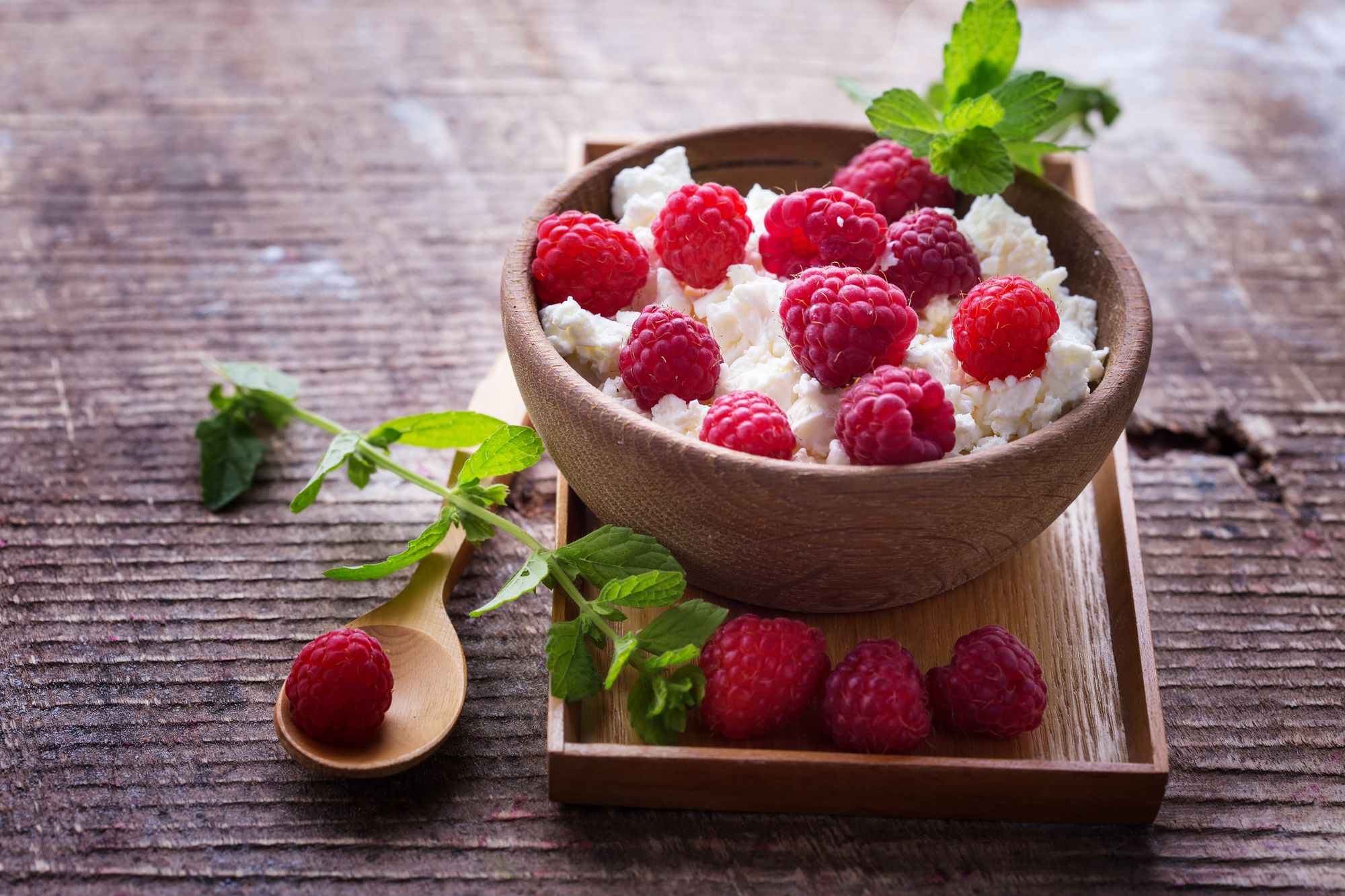
Number of Carbs (per serving)—Cottage cheese (low-fat): 4.31 grams
Number of Carbs (per serving)—Strawberries: 7.96 grams
If Greek yogurt isn't available or you prefer cottage cheese, fret not! It's another fantastic choice to savor alongside some delicious berries. Besides being a low-carb snack, there's another mouthwatering reason to indulge in this treat.
Craving a cheesecake-like experience? Mussatto recommends combining a cup of low-fat cottage cheese with half a cup of your favorite berries, whether fresh or frozen. This delightful combination creates a hunger-squelching, dessert-like snack containing approximately 17 grams of carbs. Not only does it provide protein, but it also offers gut-friendly fiber to keep you satisfied.
Gillett highlights that cottage cheese is a low-carb dairy option, rich in protein and low in fat. Opt for the reduced-sodium, plain variety for the best choice. To enhance the flavor and nutritional value, consider pairing cottage cheese with fruits or vegetables, further adding to the enjoyment of your snack.
4) Celery and Peanut Butter
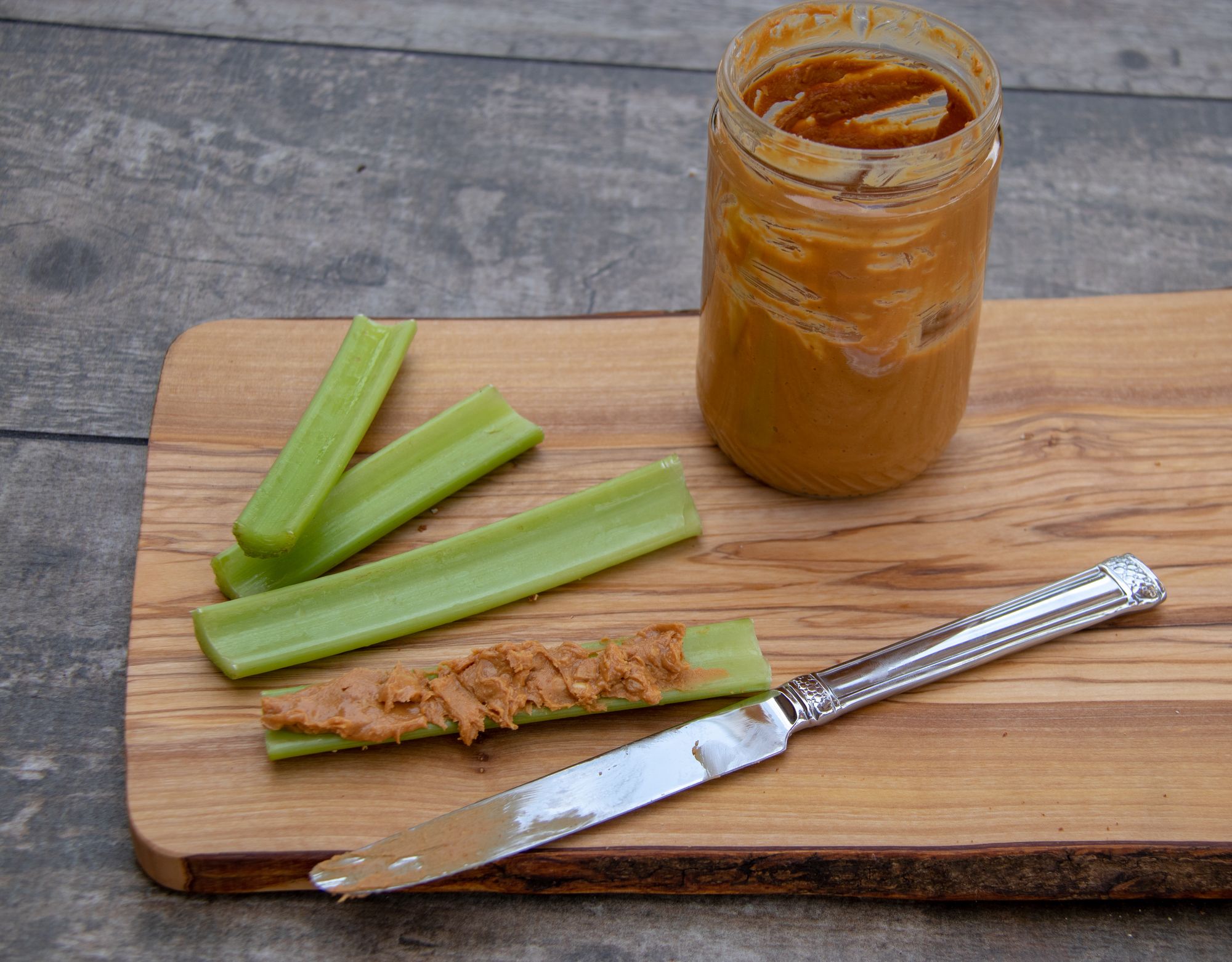
Number of Carbs (per serving)—Celery: 3.32 grams
Number of Carbs (per serving)—All-natural peanut butter: 8 grams
If you're a creamy peanut butter enthusiast, you'll be delighted to know that a serving contains around 22.7g of carbs. However, both Mussatto and Gillett highly recommend exploring the realm of all-natural peanut butter, as it stands out as a relatively low-carb option.
Mussatto presents a classic snack idea that perfectly aligns with the notion of a "low-carb" treat. The combination of protein and healthy monounsaturated fats from peanut butter, paired with celery, creates a delectable and satisfying snack experience.
Gillett elaborates on the benefits of all-natural peanut butter, highlighting its richness in healthy fats and protein, which contribute to a balanced and satiating snack choice. By opting for all-natural peanut butter, you can enjoy the goodness of this spread while keeping your carb intake in check.
5) Avocado
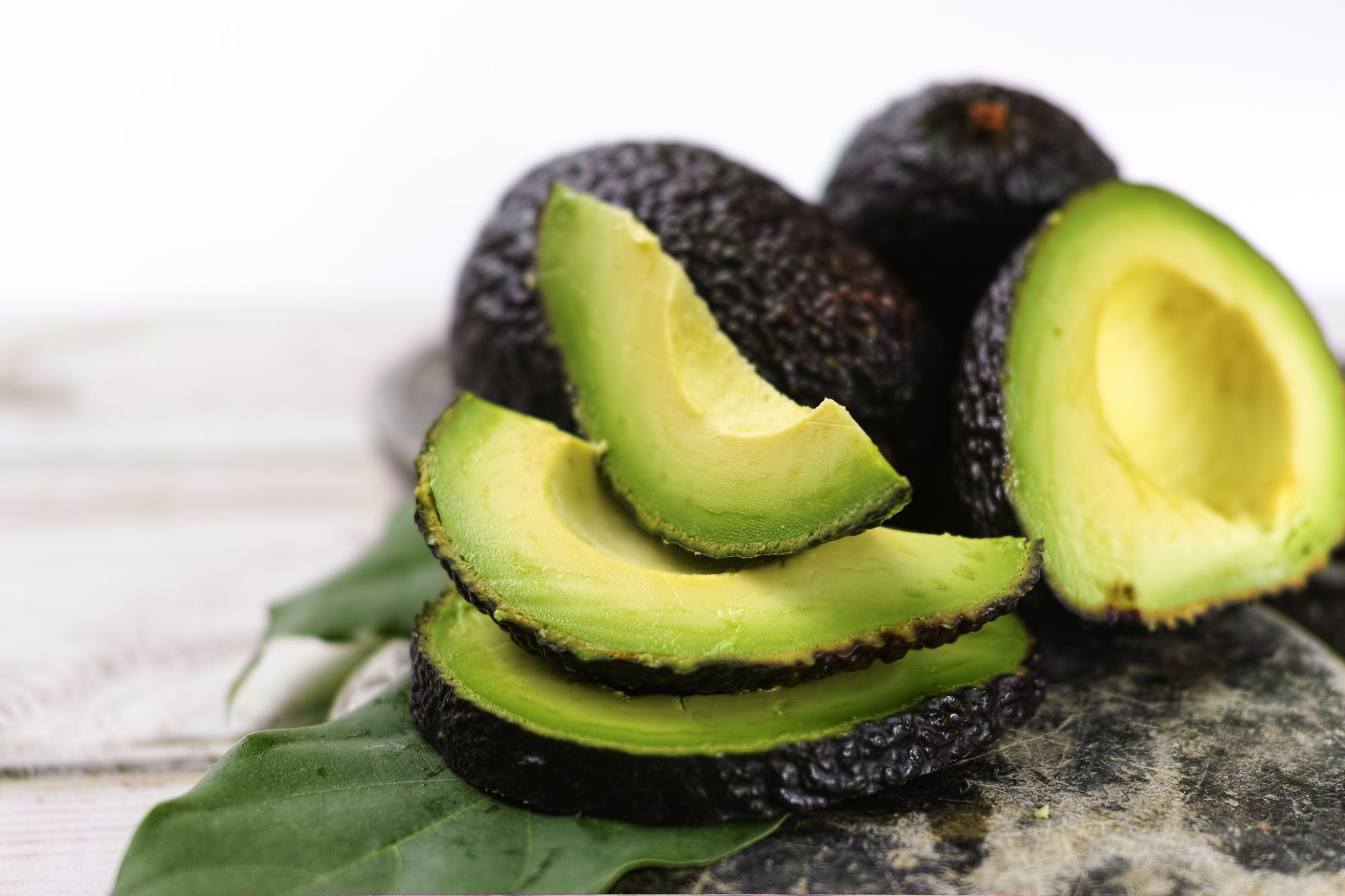
Number of Carbs (per serving)— Avocado: 8.53 grams
Avocados not only offer a creamy texture and delightful taste but also come packed with essential vitamins and nutrients that promote heart health, aid digestion, and provide potential benefits against depression, bone loss, and cancer. With such impressive credentials, it's no wonder that avocados make an excellent choice for snacking.
Aside from the popular guacamole, avocados can be enjoyed in various ways. Mussatto suggests spreading mashed ¼ cup of ripe avocado on rye crisp bread. This combination creates a satisfying snack with a crunchy texture and a creamy taste, providing approximately 15 grams of carbs. The ample fiber content and heart-healthy fats in avocados make this snack option ideal for both flavor and nutrition.
Gillett adds that you can also slice avocados and sprinkle them with everything bagel seasoning for a filling and flavorsome snack. Alternatively, you can mash avocados and use them as a dip for vegetables, further expanding the possibilities of enjoying this versatile fruit.
6) Edamame
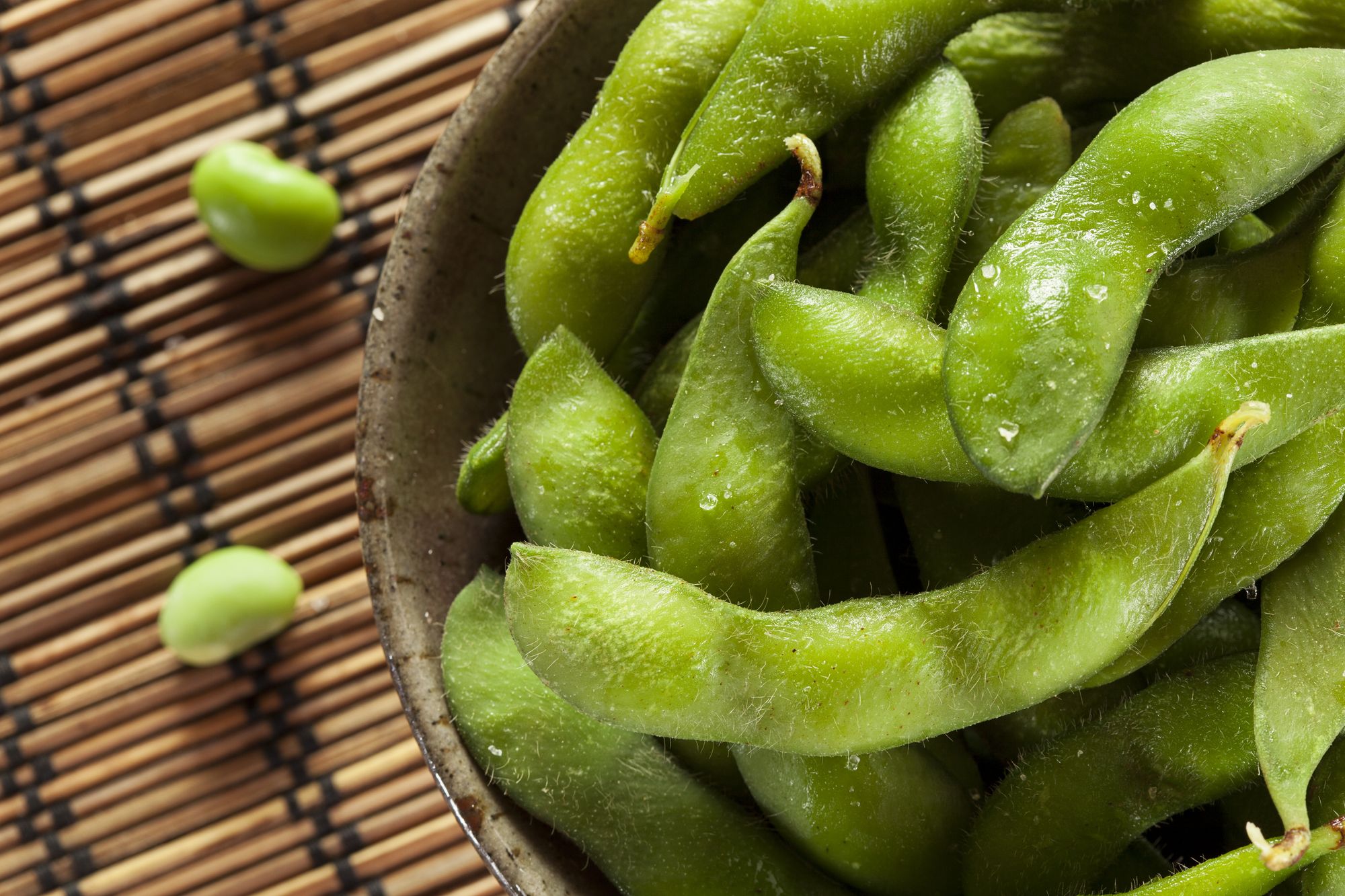
Number of Carbs (per serving)— Edamame: 13.8 grams
According to Gillett, edamame is a nutrient powerhouse, packed with protein, fiber, vitamins, and offering approximately 14 grams of carbs per cup (shelled). This makes it an ideal snack choice that strikes a perfect balance.
While edamame is commonly used in a variety of delicious dishes, Gillett suggests that when you crave a healthy nibble between meals, you can enjoy them steamed or roasted. To elevate the flavor, feel free to top them with your favorite seasoning, creating a satisfying and savory snack experience. Edamame offers both nutrition and taste, making it an excellent option for mindful snacking.
7) Popcorn
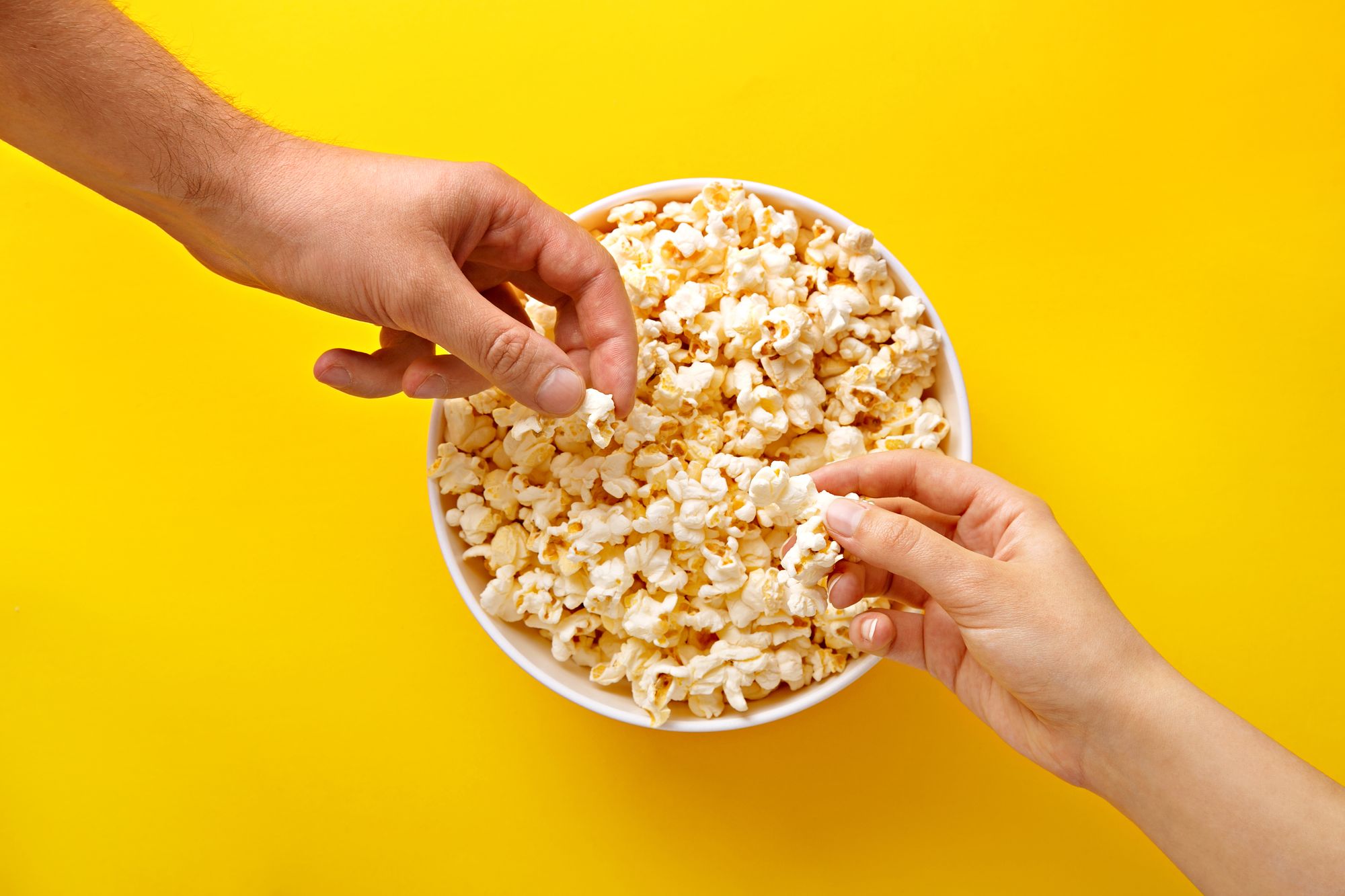
Number of Carbs (per serving)— Popcorn: 15 grams
When you're in the mood for a crunchy snack but still want to make a healthy, low-carb choice, popcorn comes to the rescue. As Gillett explains, "I consider popcorn a fantastic low-carb snack option because it provides a satisfying volume, perfect for those who enjoy munching."
Gillett emphasizes that "3 cups of popped popcorn will contain around 15 grams of carbs," which places it at the upper limit for a low-carb snack. Therefore, it's advisable to refrain from adding any additional toppings to keep it within the desired carb range. Enjoying plain, air-popped popcorn allows you to relish its natural crunchiness without compromising your low-carb goals.
8) Almonds
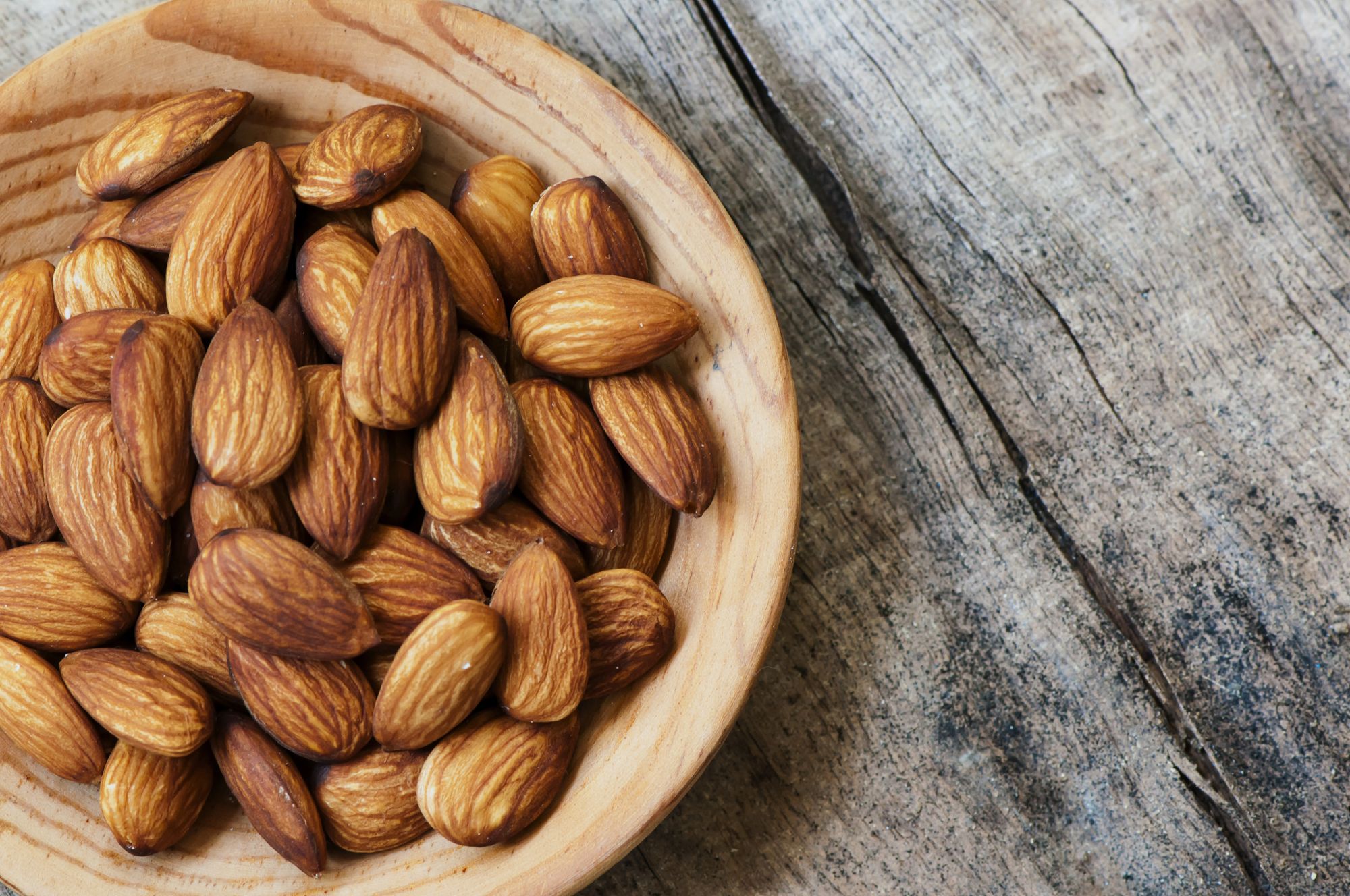
Number of Carbs (per serving)— Almonds: 6 grams
Nuts offer a plethora of benefits, from their anti-aging properties to their potential in reducing inflammation and lowering the risk factors associated with heart disease. In the case of almonds, a review of numerous randomized controlled trials and additional research published in Nutrients revealed their impressive impact. The study showed that almonds aided in weight and body fat reduction while reducing the risk of overweight or obesity. It's no wonder that almonds have emerged as a fabulous low-carb snack.
Gillett highlights the nutrient-dense nature of almonds, emphasizing their richness in healthy fats and the presence of only 6 grams of carbs per ¼ cup. These crunchy nuts not only provide satiety but also contribute to stabilizing blood sugar levels. Indulging in almonds as a low-carb snack is a wise choice for those seeking both nourishment and satisfaction.
9) Hard-Boiled Egg
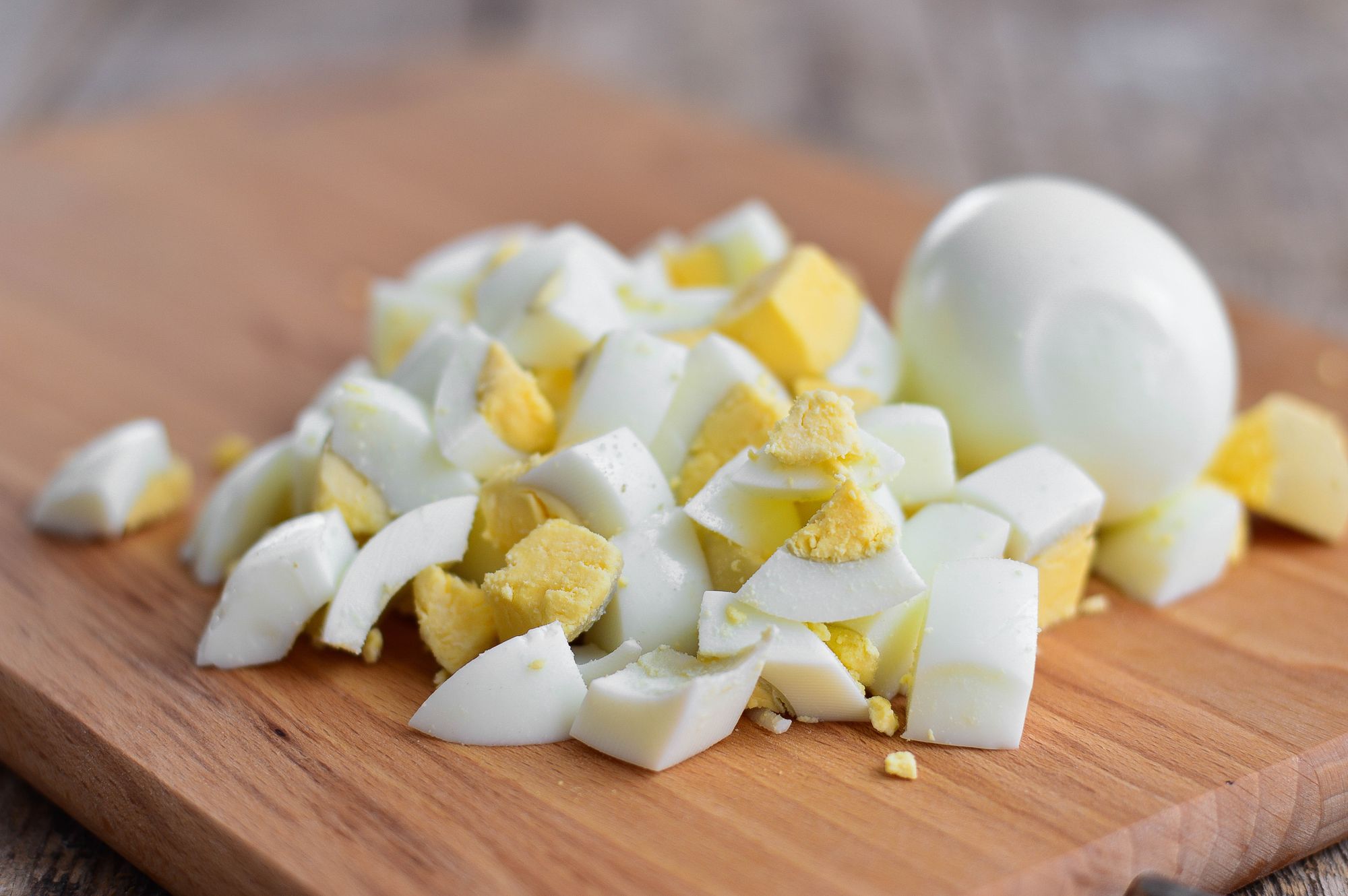
Number of Carbs (per serving)— Eggs: 1.12 grams
Concerns surrounding cholesterol may lead some individuals to approach eggs with caution. However, research published in the Journal of the American Heart Association has revealed that there is no significant association between dietary cholesterol intake and heart disease mortality, shedding new light on eggs' reputation.
Additionally, Gillett highlights that hard-boiled eggs serve as a protein-rich snack with minimal carbohydrates. They are an excellent source of high-quality protein, offering a multitude of health benefits. The convenience factor of eggs as a snack should not be overlooked either. Gillett points out that they can be easily batch-cooked in advance and stored in the refrigerator, ensuring they are readily available whenever you're in need of a quick and nutritious snack option.
10) Tuna
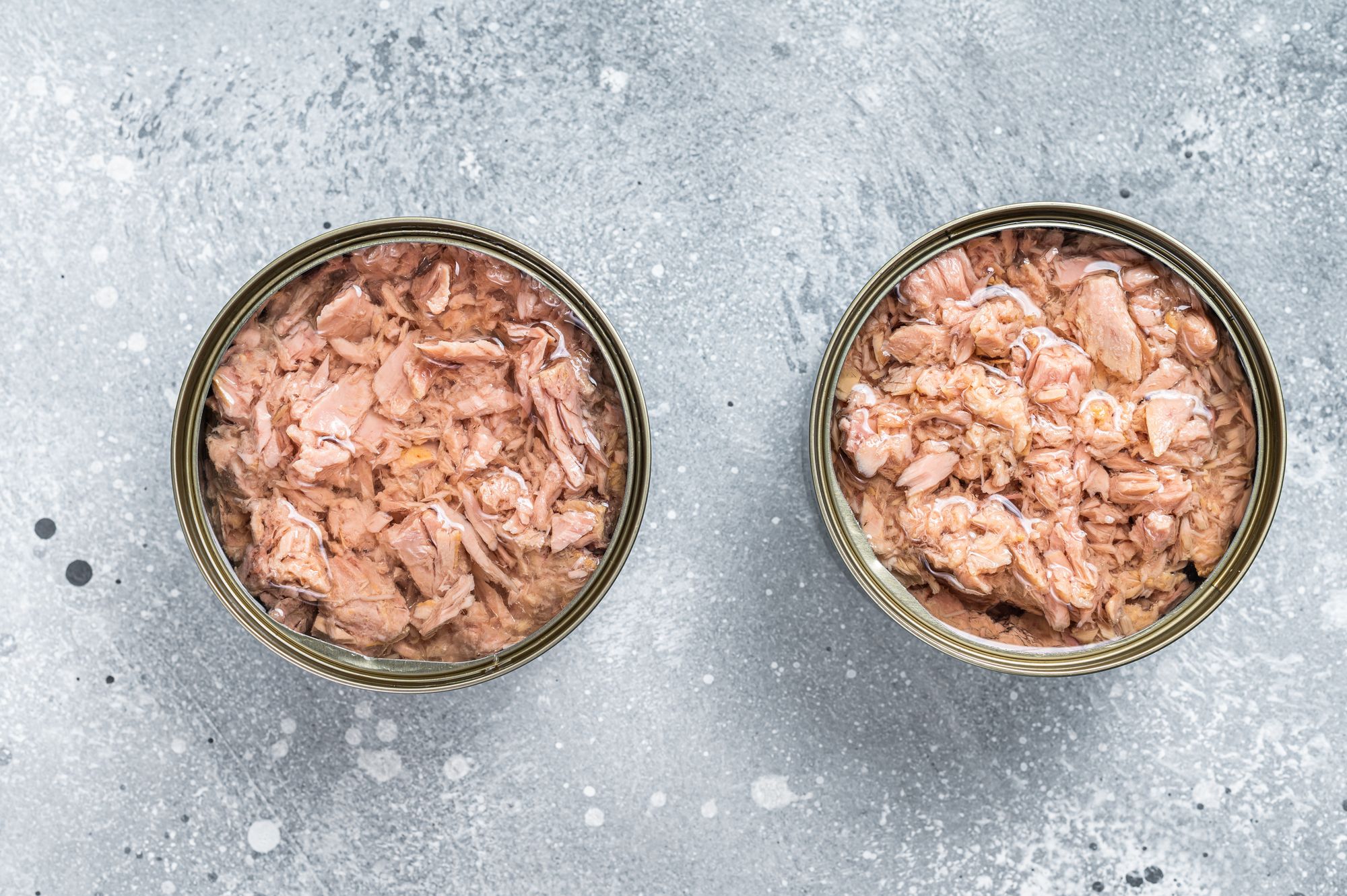
Number of Carbs (per serving)— Tuna: 0 grams
According to Gillett, tuna is an exceptional source of lean protein that is carb-free and boasts high levels of omega-3 fatty acids, essential for maintaining heart health. Not only is tuna low in carbs, but it also provides an array of valuable nutrients, including iron, potassium, vitamin B6, and vitamin B12. Additionally, a serving of 3 ounces of canned tuna can supply approximately 50% of the recommended daily intake of vitamin D, promoting strong bones and supporting the immune system.
When it comes to enjoying tuna as a low-carb snack, Gillett suggests various options. Tuna can be savored on its own, wrapped in lettuce for a refreshing twist, or combined with a small amount of mayonnaise or Greek yogurt to add a creamy element. The versatility of tuna makes it an ideal choice for a satisfying and nutritious snack without the need for added carbohydrates.
11) Hummus
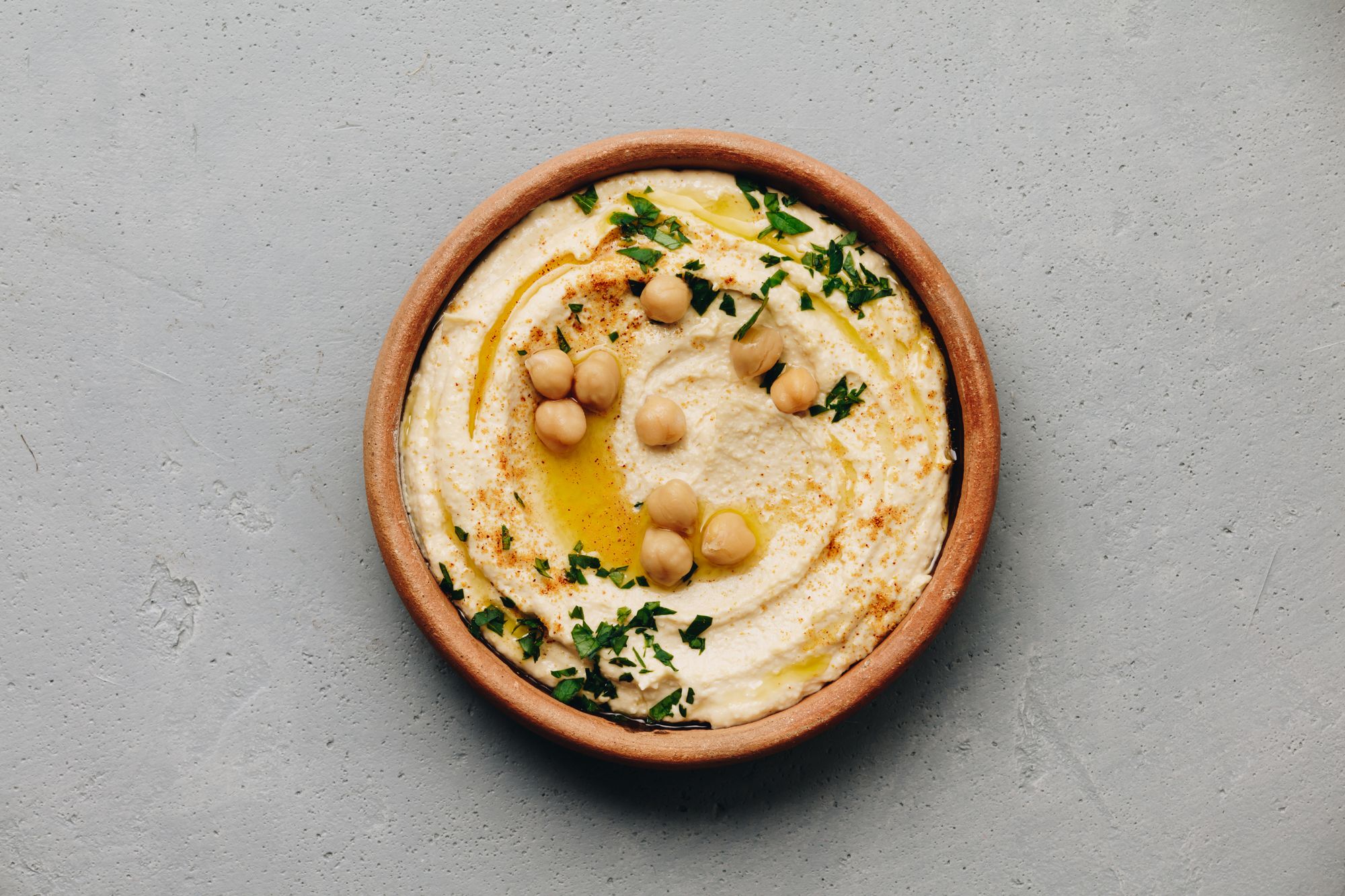
Number of Carbs (per serving)— Hummus: 15 grams
If you're a hummus enthusiast, you're not alone. The international hummus market has experienced remarkable growth, with an estimated worth of $856.6 million in 2022, according to MarketWatch. Its popularity stems from its smooth and satisfying taste, as well as its status as a low-carb snack with numerous additional benefits.
Gillett explains that hummus, crafted from chickpeas, offers a plant-based protein source along with dietary fiber, vitamins, and minerals. It serves as a low-carb option that provides both satiety and a creamy texture. When paired with fresh vegetable sticks like carrots, cucumber, or bell peppers, hummus becomes an even more nutritious choice, contributing additional fiber, vitamins, and minerals to the snack. Indulging in hummus not only satisfies your taste buds but also nourishes your body with its impressive nutritional profile.

